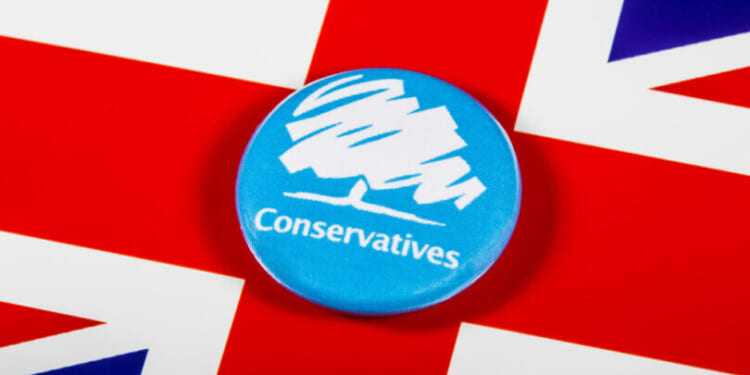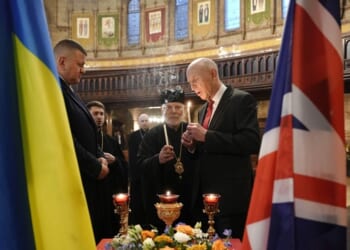(Society for the Protection of Unborn Children) — After several busy days of Conservative Party conference lobbying politicians and darting between fringe events, I decided to venture down enemy territory lane and attend the Dignity in Dying (DiD) panel fringe event. Contrary to what the media might have you believe, fringe events were packed, people spilling out like sardines into the corridors, and I often found myself turning up a good half-hour early just to secure a standing spot, never mind a seat sandwiched between two delegates.
Upon arrival at the DiD panel, it was the first room I had walked into where the room was full of empty seats.
On the panel sat the Rt. Hon. Kit Malthouse MP, Dr. Neil Shastri-Hurst MP, David Barker (Chief Executive, Willow Burn Hospice) Nick Hoile (Board Member for Dignity in Dying) and Rebecca Gillanders, a volunteer.
I listened to an hour of repetitive, self-aggrandizing chatter on why helping people die faster is the height of compassion. The usual buzzwords of “choice” and “dignity” were sprinkled in amongst token mentions of mental health. One particularly grotesque remark was made by Nick Hoile himself: “People who are going to kill themselves are going to kill themselves, regardless of what we do.”
As if this wasn’t disturbing enough, some of the panelists began to describe the death of end-of-life patients as beautiful. To have mercy on my ears, I attempted to hold the panel to account by asking whether they were at all concerned that so many professional medical bodies remain opposed to assisted suicide – including the Royal College of Psychiatrists.
Kit Malthouse MP looked me straight in the eye and insisted that the RCOP are not opposed, but merely “neutral,” and that the supposed safeguards of the bill make it “the safest in the world.”
That claim doesn’t stand up to its scrutiny. The Royal College of Psychiatrists are by no means neutral, and as much as the panelists may want to rewrite their history with the bill, the evidence is clear.
READ: Celebrity artist dies by assisted suicide, further glamorizing the horror of euthanasia
Dr. Annabel Price, Chair of the Royal College of Psychiatrists Liaison Psychiatry Faculty, explained:
“The College has spent decades working to prevent suicide. A key part of our response to this Bill has been to highlight that people with terminal physical illnesses are at increased risk of depression.
“Unmet needs can make life feel unbearable. But when these needs are addressed or symptoms treated, the desire to end life early often subsides.
“The Bill fails to clarify whether assisted dying is to be treated as a clinical intervention—an ambiguity with serious legal and ethical implications.”
And if the safeguards were the safest in the world, as Kit Malthouse claims, perhaps there wouldn’t be such a need to bend the truth to defend them. As seen again in the rhetoric of the Assisted Suicide Bill’s committee meetings a few weeks later, the pro-assisted suicide lobby continues to clutch at the straws of “choice” and “autonomy.”
In the same breath, they blatantly ignore the vulnerable – those who actively suffer under their definitions. People who can’t make decisions for themselves due to memory loss, or those who struggle with suicide ideation as part of a mental health diagnosis. Those who suffer from anorexia – a condition which is fully reversible with treatment but told their lives aren’t worth living.
If we are to accept the sentiment expressed by the panel, what message are we sending these vulnerable groups? A eugenics rebrand, disguised as the autonomy of all?
Nick Hoile wasn’t wrong in saying that people will kill themselves regardless of what they do as an organization, but I’d rather be among those who refuse to stand by or contribute to that quiet genocide.
Reprinted with permission from the Society for the Protection of Unborn Children.

















